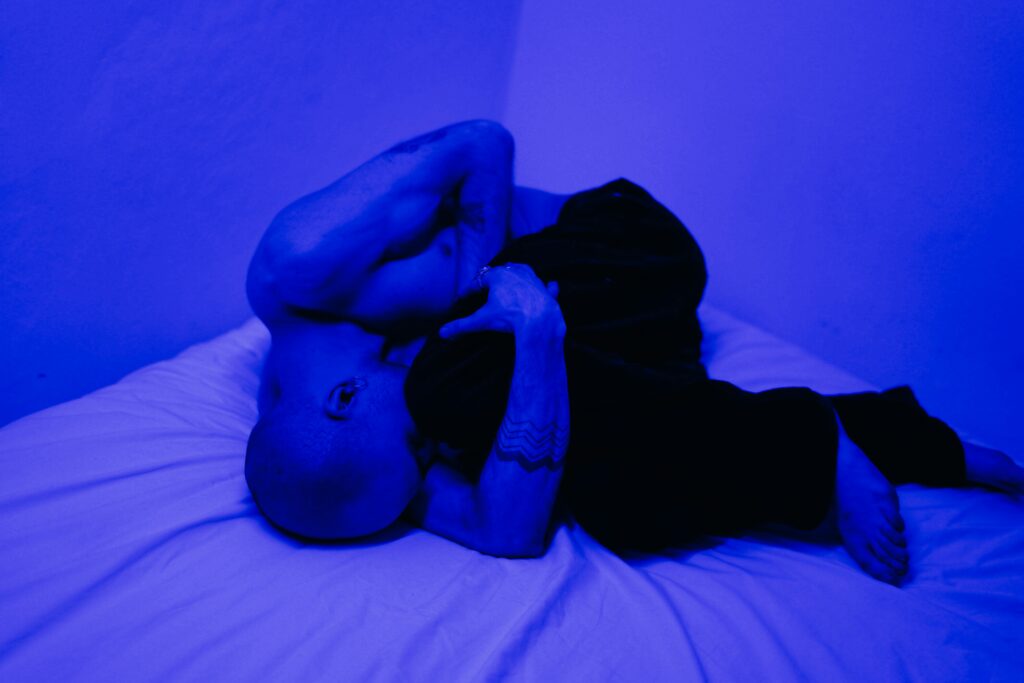
Psychosis is a severe mental health condition characterized by a disconnection from reality, often manifested through delusions and hallucinations. The impact of psychosis can be devastating, not only for those experiencing it but also for their families and communities. This article will provide essential insights and actionable strategies for addressing psychosis, promoting both mental health and physical well-being.
What is Psychosis?
Psychosis is not a standalone diagnosis but rather a symptom of various mental health disorders, including schizophrenia, bipolar disorder, and severe depression. According to the National Institute of Mental Health (NIMH), approximately 3% of people will experience a psychotic episode in their lifetime (NIMH, 2023). Understanding psychosis involves recognizing its signs and the underlying conditions that may trigger it.
Common Symptoms
Individuals experiencing psychosis may exhibit several symptoms, including:
- Hallucinations: Sensing things that are not present, such as hearing voices.
- Delusions: Strongly held false beliefs, often paranoid in nature.
- Disorganized Thinking: Difficulty organizing thoughts or connecting ideas logically.
- Altered Insight: A reduced awareness of one’s own condition.
These symptoms can significantly disrupt daily life, leading to challenges in relationships, work, and self-care.
The Importance of Addressing Psychosis
Effective intervention for psychosis is crucial. Early treatment can prevent worsening symptoms and improve outcomes. Individuals with untreated psychosis may face various complications, including social isolation, substance abuse, and even increased risk of suicide.
Effective Remedies and Strategies for Managing Psychosis
1. Seek Professional Help
The first and most crucial step in addressing psychosis is to seek professional help. Mental health professionals can provide a comprehensive assessment and tailor a treatment plan that may include:
- Medication: Antipsychotic medications are often prescribed to help manage symptoms. Research shows that medications can significantly reduce hallucinations and delusions (Muench & Hamer, 2018).
- Therapy: Cognitive Behavioral Therapy (CBT) and supportive psychotherapy can help individuals develop coping strategies and address distorted thinking patterns.
2. Educate Yourself and Loved Ones
Knowledge is power. Understanding psychosis and its implications can reduce stigma and promote compassion. Resources such as the National Alliance on Mental Illness (NAMI) provide educational materials for families and individuals.
3. Establish a Support System
A strong support system is vital for individuals with psychosis. Encourage family members and friends to participate in the treatment process. Support groups can also provide a safe space for sharing experiences and coping strategies. Connecting with others who understand the challenges can reduce feelings of isolation.
4. Promote a Healthy Lifestyle
Maintaining a balanced lifestyle can help mitigate symptoms of psychosis. Encourage habits that promote both mental and physical health:
- Regular Exercise: Physical activity is known to improve mood and reduce anxiety. Aim for at least 30 minutes of moderate exercise several times a week.
- Nutrition: A well-balanced diet rich in fruits, vegetables, lean proteins, and whole grains supports overall health. Omega-3 fatty acids found in fish have been linked to improved mental health.
- Sleep Hygiene: Sleep plays a critical role in mental health. Establish a consistent sleep routine to ensure adequate rest.
5. Practice Mindfulness and Stress Reduction Techniques
Mindfulness and relaxation techniques can be beneficial for managing symptoms of psychosis. Practices such as:
- Meditation: Regular meditation can enhance emotional regulation and reduce anxiety.
- Deep Breathing Exercises: Simple breathing techniques can help ground individuals during episodes of distress.
- Yoga: Incorporating yoga can improve both physical and mental health, promoting relaxation and mindfulness.
6. Avoid Substance Abuse
Substance abuse can exacerbate symptoms of psychosis and hinder recovery. Educate individuals about the risks associated with drugs and alcohol, and encourage seeking help for any substance use issues.
7. Create a Safe Environment
A supportive and safe environment can greatly affect recovery. Minimize stressors and provide a calm space where individuals can feel secure. Communication should be clear and gentle, allowing individuals to express their feelings without fear of judgment.
8. Involve Family in Treatment
Family involvement in treatment can improve outcomes. Educating family members about psychosis and involving them in therapy sessions can help create a cohesive support network. Programs like Family-Focused Therapy have been shown to enhance recovery (Mueser et al., 2008).
9. Regular Follow-ups
Ongoing follow-up with mental health professionals is essential. Regular check-ins can help adjust treatment plans as needed, monitor progress, and address any emerging issues.
10. Emphasize Recovery and Hope
Recovery from psychosis is possible, and emphasizing hope is crucial. Highlight success stories and recovery models that showcase individuals who have successfully managed their symptoms and rebuilt their lives. Empowering individuals to take an active role in their recovery fosters resilience.
Conclusion
Addressing psychosis requires a comprehensive and compassionate approach. By seeking professional help, promoting a healthy lifestyle, and fostering a supportive environment, individuals can effectively manage their symptoms and improve their overall well-being. Remember that recovery is a journey, and with the right tools and support, it is possible to live a fulfilling life despite the challenges of psychosis.
References
- Muench, J., & Hamer, J. (2018). Medication Adherence: A Review of the Evidence. Journal of Mental Health Policy and Economics, 21(1), 7-12.
- Mueser, K. T., et al. (2008). Family intervention for schizophrenia. The American Journal of Psychiatry, 165(11), 1394-1402.
- National Institute of Mental Health (NIMH). (2023). Psychotic Disorders. Retrieved from NIMH.

